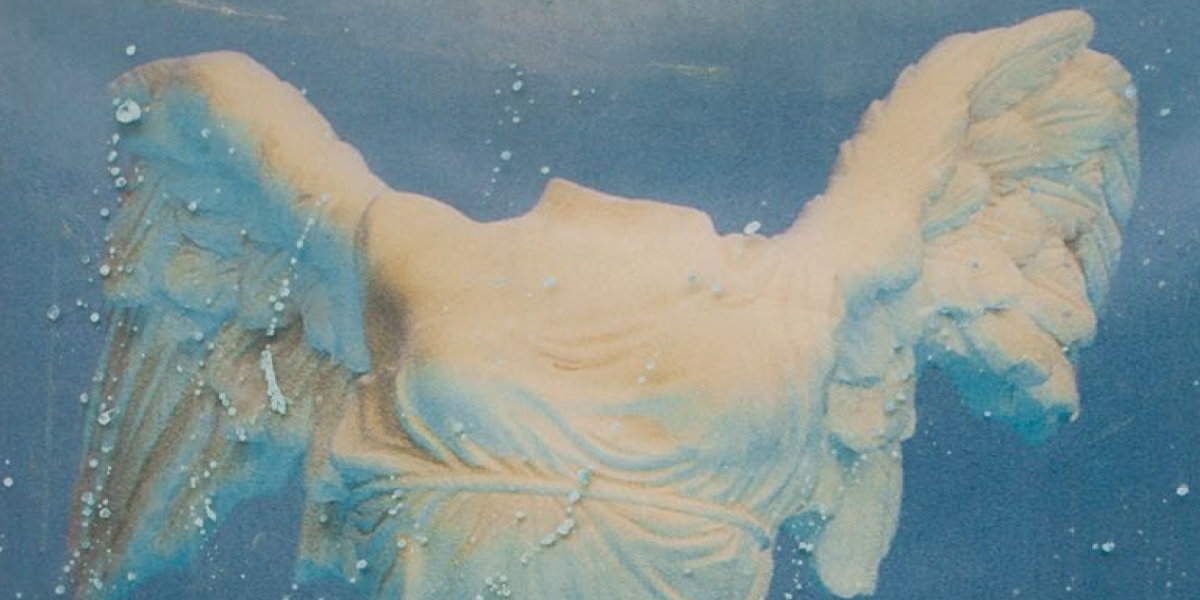Back to overview
11 | NOVEMBER - Europe
A Hatch into the Open - Andreas Pfeifer, ORF Berlin
The fact that Europe is a little more than a paper fantasy has recently become apparent in the dismantling of its real political achievements: Those who are stuck in traffic jams at a Schengen border or have to do their Erasmus experiences online on their sofa at home long for lost spaces of freedom. Otherwise, a globalised epidemic of all things has reduced us to our individual, regional or national dimensions of existence. Europe is - also in political discourse - not a fixed, but rather a distant entity.
So what could public journalism contribute to the convalescence of its audience's European consciousness, which was already ailing in pre-pandemic times ?
Exposing the paradox that the reconstruction of the continent is financed with the billions of euros of the very EU that has to serve as a target for the populists of its member states is part of its obligatory programme. But the cosy feeling of a "European identity" will not come with it. The present seems a little too sobering for hymns of praise for the already fragile value traditions of peace, freedom and justice - besides, journalism is not a contribution to political Sunday rhetoric. It could, however, refer to an unceremonious dictum of the founding father Robert Schuman: "Europe cannot be made in one fell swoop, nor by a simple summary. It will come into being through concrete facts which first create a solidarity of action."
Want some concrete examples? For 25 years, the ORF has been illustrating the everyday political, social and cultural events of the Italian province of Bolzano with its daily news programme "Südtirol heute". This programme is also broadcast in the neighbouring regions of Trentino and Tyrol. It has contributed more to cross-border fraternity in the "European Region Tyrol" than the incantations of its provincial governors at dutiful three-country days.
On a larger stage: the ORF, with its correspondents in Madrid, Rome, Paris, Brussels, Budapest, Berlin, London or Moscow, daily undermines the border beams of compartmentalisation in political or individualistic self-assurance. How is the vaccination campaign actually going in Italy? How is Germany coping with the crisis of the major popular parties? What is the effect of turning away from Europe in British supermarkets? Public journalism provides honestly researched and often surprising answers to these and countless other questions. Especially when they are not or no longer asked. It thus follows the principle of serendipity, a "chance observation of something not originally sought that turns out to be a new and surprising discovery." This is certainly a contribution to breaking up algorithmically narrowed echo chambers.
But is such journalism also identity-forming, even more so in a European sense? That would be asking too much, or perhaps too little. In any case, the maxim that ORF has the task of strengthening the "Austrian identity" of its audience is too narrow. The philosopher Konrad Paul Liessmann writes: "If you want to know who you are as a human being, you have to know who you are different from." This would be a useful remedy for an overly defensive identity policy that focuses exclusively on the inner self, on one's own distinctiveness. European consciousness, on the other hand, is created by looking outwards. Journalism can do this job. In a time of identity-based border closures, it remains a hatch into the open.
______________________________________
EUROPE
ORF Law
§ 4 (1) The Austrian Broadcasting Corporation shall promote the understanding of European integration.
(4) Programmes in the fields of information, culture and science in particular shall be of high quality.
______________________________________



